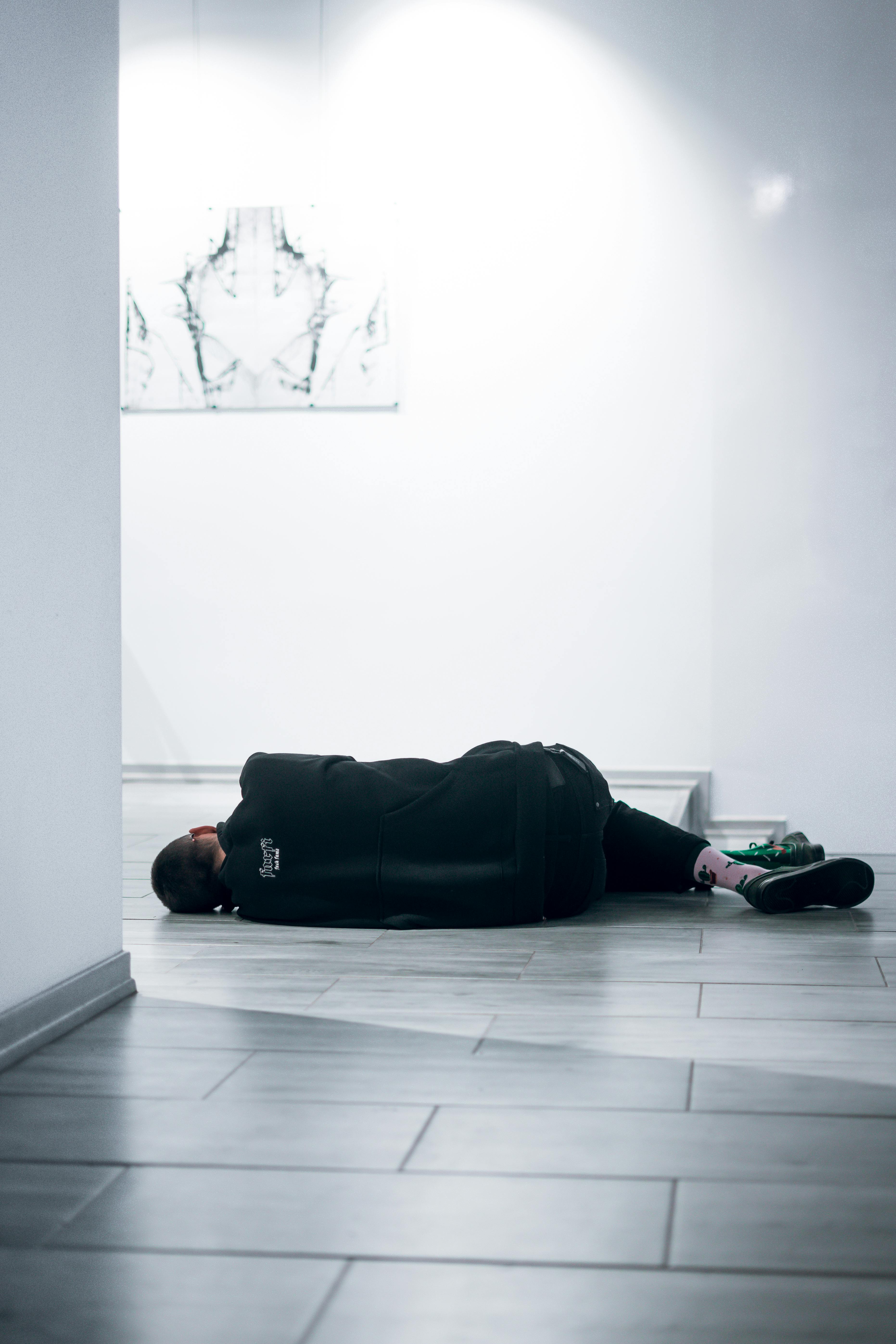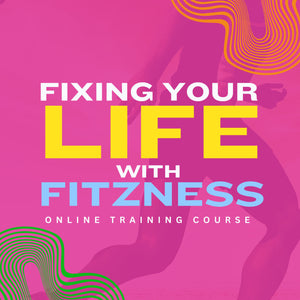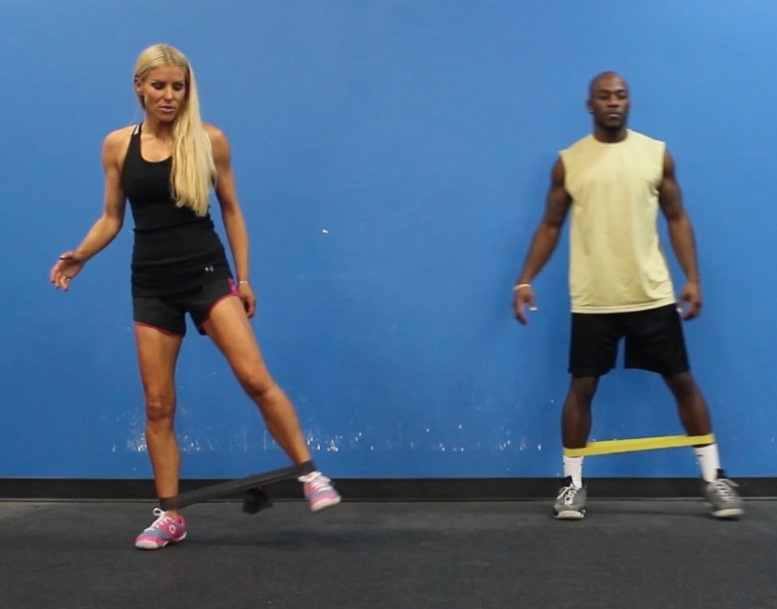Despite vast improvements in mental health-specific medicine and health care, a growing number of youth live with anxiety. More young men and women are coming forth to doctors about anxiety and depression (Kendall, Compton, Walkup, Birmaher, 2010) increasing by almost 70% in the past 25 years (Mahmoud, Staten, Lennie, 2012). To add to the concern, more young adults are overmedicating with prescription medicine and supplements. With endless resources and information available to utilize today, there are countless ways for you to put the harness on anxiety today.
By nature, the human body utilizes anxiety for instinctual purposes. Your body mediates various healthy levels of anxiety to protect us from harm. Anxiety disorders can manifest in the form of physical symptoms such as panic, high blood pressure, or hyperventilating. Common psychological effects may include paranoia, confusion, forgetfulness, or a sense of impending doom.
Recognizing that you have anxiety is the first step in combating this problem. Some people may feel embarrassed or scared to go to primary care for assistance. Others may feel that seeking care will “label” them in a way that makes them feel unsure about their decision. It is helpful to remember that you are far from alone and have plenty of resources to work with.

Make a Difference in the Youth Today
Practicing anxiety prevention strategies work best when done as a combination of different options. What works for you may not work best for everyone. It can be helpful to try a variety of methods. Learning the strategies/life habits that help control your anxiety is part of the process. One of the most alleviating understandings of mental health is that some things take time. Just as with everything else in life, your anxiety will pass too.
Managing Anxiety for the Youth:
- Exercise: Regular body exertion is an essential utility for combating anxiety. Exercise stimulates the production of feel-good neurotransmitters and neurochemicals like endorphins. Exercising can also help reduce hormones that overload our body, such as epinephrine and cortisol.
- Breathing Techniques: Anxiety can manipulate your nervous system into breathing faster, often leading to an increased pulse and blood pressure. An individual with anxiety may be hyperventilating and an excess of oxygen or vice versa can spell a flurry of bodily symptoms such as anxiety attacks. Re-training your brain to breathe more slowly and deeply can help your body regulate these physical symptoms.
- Avoiding Dangerous Crutches: Maladaptive coping such as ingesting or taking drugs has been found to be one of the leading contributors to increased anxiety, depression, and stress.
- Live in the Present: Overthinking is the thief of all joy. Do not dig too far into the past or the future. Try to take life day by day. You cannot undo the past, and you cannot predict the future. Make a list or a plan to stay organized. Start small. Be realistic. Avoid excessive usage time on your phone or social media. Sometimes it is not stress, but a lack of progress that breaks us to our cores. Wasting too much time on the internet can distract us from the more fulfilling priorities at hand.
- Lifestyle: The nutrients and vitamins that support our immune health as well as our mental health, so seek out nutrient-dense. You can also get plenty of vitamin D from sunlight exposure!
- Search For the Right Doctor: Take time to find a doctor who specializes in anxiety disorders, is patient, listens to you, and responds quickly to your needs.
Reference Links:
Jihan Saber Raja Mahmoud, Ruth “Topsy” Staten, Lynne A. Hall & Terry A. Lennie (2012) The Relationship among Young Adult College Students’ Depression, Anxiety, Stress, Demographics, Life Satisfaction, and Coping Styles, Issues in Mental Health Nursing, 33:3, 149-156
Philip C. Kendall, Scott N. Compton, John T. Walkup, Boris Birmaher, Anne Marie Albano, Joel Sherrill, Golda Ginsburg, Moira Rynn, James McCracken, Elizabeth Gosch, Courtney Keeton, Lindsey Bergman, Dara Sakolsky, Cindy Suveg, Satish Iyengar, John March, John Piacentini. Clinical characteristics of anxiety disordered youth, “Journal of Anxiety Disorders”, Volume 24, Issue 3







